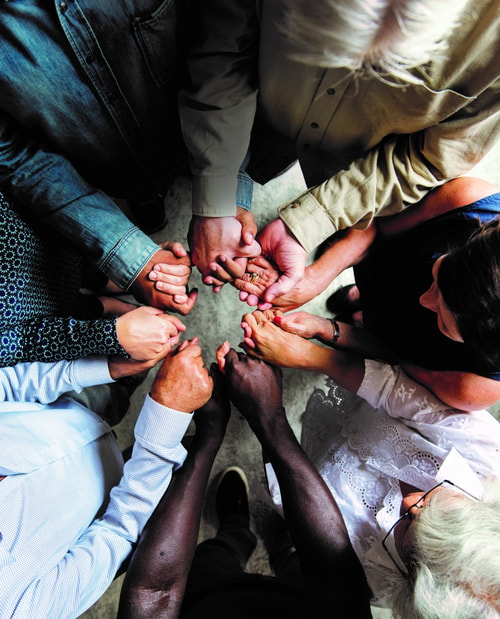We are family
We’re better at living as God’s family, but there’s more we can do, says Roger Sutton
It wasn’t a great meeting, but to be honest I wasn’t expecting it to be. The first hint I had was the email saying the venue was in a local church hall, known for its shabby decor (not the chic kind) and its intermittent heating system. About 15 of us sat in the middle of a depressing hall on hard seats with our coats and scarves wrapped around us. It was Lent, so the leader of the church told us we wouldn’t be having coffee and biscuits this morning.
We were there, as some of the leaders of the church in the town, to have fellowship. I’m not sure what that means, but it didn’t seem to really qualify as the biblical definition of being part...
People talked about their ministries without really sharing any personal information. They either spoke about their stress and lack of resources, or they related how well they were doing, which...
Some left the meeting confirmed in their negative mindsets and others thought it was a complete waste of time and went back to their ‘successful’ churches. So, whatever was going on in that...


